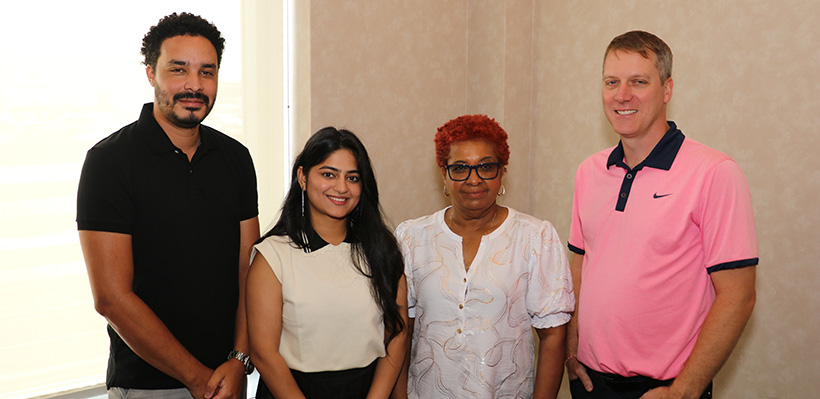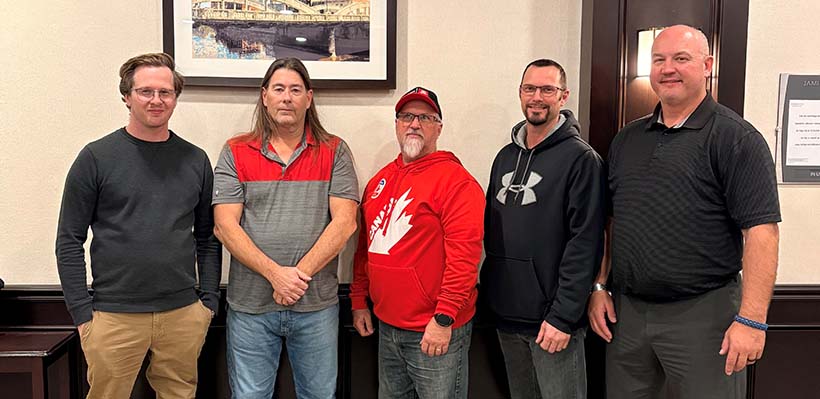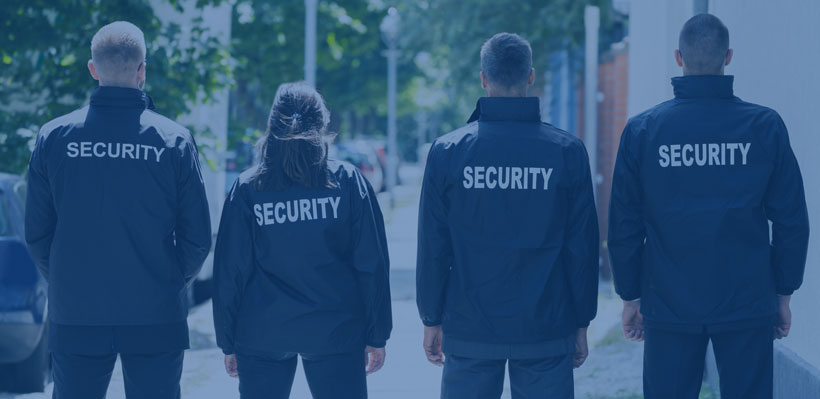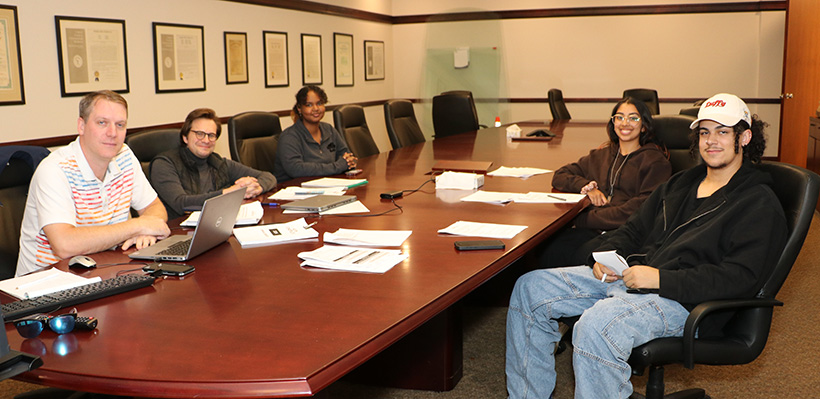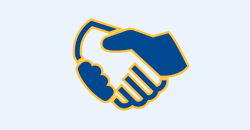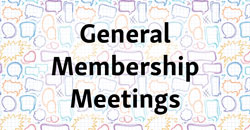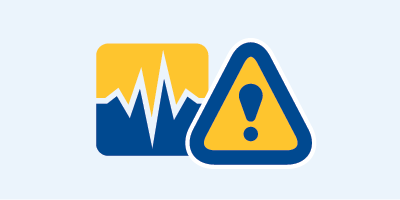Our Strength Comes from Our Union Members
UFCW Canada Local 1006A is one of Ontario’s largest private sector local unions.
We are the union for workers in diverse sectors from Grocery Retail, Food Processing, Restaurant, Hotels, Security Guards, Retail Commerce, Laundry, Warehousing/Distribution, Transit, and Cannabis.
Our members work for a variety of employers such as Loblaws, Superstore (RCSS), No Frills, Swiss Chalet, Hilton, Holiday Inn, Marriott, Paragon Security, Canadian Linen, LensCrafters, Aramark, HMS Host and many more. For a complete list of click here.
You will find our union members working in communities across Ontario from the Greater Toronto Area, Ottawa to Windsor, Thunder Bay to London, Kingston to St. Catharines to Kitchener and the many towns and cities in between.
Our Members Know the Union Advantage
-

""I was working 40 hours and even though I was hired full-time, I was getting paid at a part-time rate. My Union Rep raised the issue with my new owner and helped make sure I got paid correctly for the hours I had worked." – Mark Zanin, No Frills.
Read More -

"I have never been part of a union before and never really understood the big deal until I became a member of UFCW Canada Local 1006A. I feel very secure knowing that I have rights and that I have someone to back me up and help me argue my point when I need it." – Angel Vernon, Tok Transit Viva.
Read More
- 1
- 2
- 3
ufcw@ufcw1006a.ca

